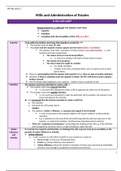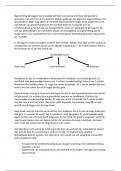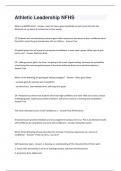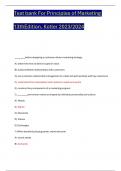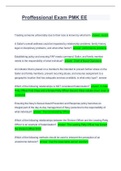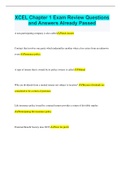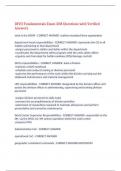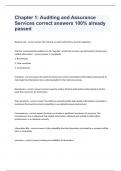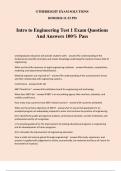Samenvatting
Summary COMPLETE WILLS & ADMIN. OF ESTATES NOTES - MARCH 2025 - University of Law
- Vak
- Instelling
DETAILED 26 PAGE NOTES ON WILLS / ADMINISTRATION OF ESTATES / PRIVATE CLIENT! With bonus screenshots of exemplar question/answers included within notes! THE ONLY ADD-ON YOU NEED FOR YOUR WILLS EXAM! Purchase these notes for an easy essential add-on to your revision! These notes were created ...
[Meer zien]
